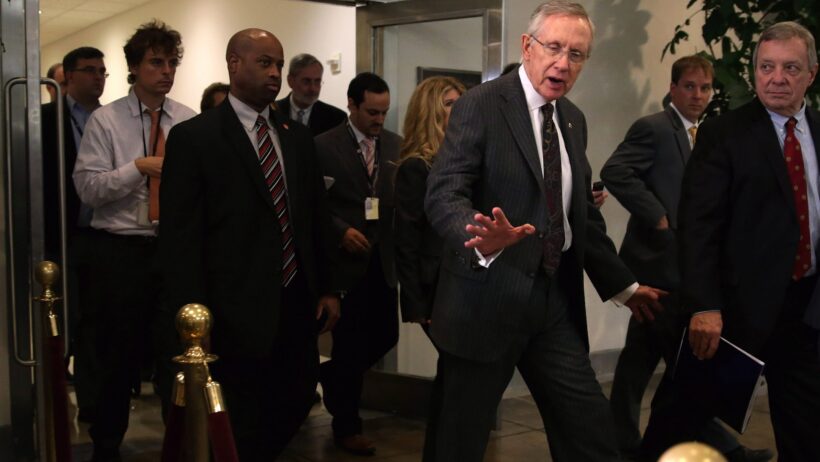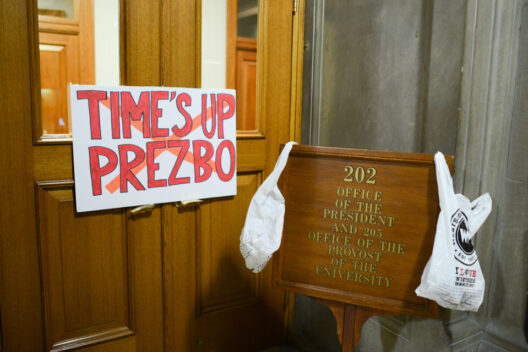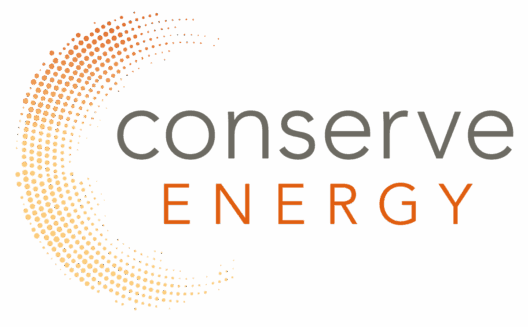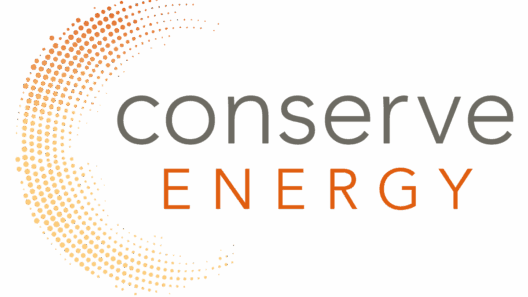The debate surrounding nuclear energy in the United States often oscillates between the aspirations of environmental progress and the entrenched frameworks of political conservatism. As we delve into the intricate relationship between conservative ideologies and support for nuclear energy, it is essential to navigate through historical perspectives, current political dynamics, economic implications, and environmental considerations.
Historically, the essence of conservatism has been interwoven with principles of tradition, order, and a cautious approach to change. Within this framework, nuclear energy is often perceived as a double-edged sword; on one side, it promises significant advancements in energy independence and reduced greenhouse gas emissions, while on the other, it poses concerns related to safety, waste management, and the potential for catastrophic accidents. A careful examination reveals that conservatives, despite their reservations, exhibit a growing affinity for nuclear power as a pragmatic solution to energy challenges.
The shift in the political landscape surrounding nuclear energy is emblematic of a broader recognition of climate change as a pressing issue. In the past, many conservatives approached environmental concerns with skepticism. However, as the reality of climate change becomes more undeniable, a segment of conservative leaders and thinkers have awakened to the potential of nuclear energy as a viable component of a diversified energy portfolio. This acknowledgment stems from a realization that fossil fuels, while historically aligned with conservative values, are increasingly being viewed as unsustainable.
One cannot ignore the allure of energy independence that nuclear power offers. In an era where geopolitical tensions often disrupt oil supplies, the prospect of tapping into domestically produced nuclear energy is an enticing proposition for many conservatives. The vision of a nation less reliant on foreign energy sources resonates deeply within the ideologies that prioritize self-sufficiency and national security. However, while the rhetoric may suggest a unified front, the reality is often more nuanced, with factions within conservatism holding divergent opinions on the path forward.
Economic considerations further complicate the issue. The construction and maintenance of nuclear plants require substantial capital investment, raising questions regarding the financial viability of such projects. Conservative economics typically leans toward free-market principles, which may cast doubt on large government subsidies for nuclear energy. Yet, in the face of climate change and the looming specter of energy scarcity, an increasing number of conservative policymakers are advocating for a recalibration of economic priorities. They argue that investing in nuclear energy is akin to investing in the future, positing that economic growth can harmoniously coexist with environmental responsibility.
The intersection of politics and progress reveals additional layers of complexity. Advocacy for nuclear energy within conservative circles often involves navigating a landscape marked by powerful interest groups and vested stakeholders. Renewable energy sectors, such as solar and wind, have wielded considerable influence, establishing a formidable presence in the dialogue surrounding clean energy. This competition necessitates that nuclear proponents articulate their case persuasively, highlighting the unique attributes that distinguish nuclear power from its renewable counterparts.
Nuclear energy is frequently painted with a broad brush, presenting it merely as a “dirty” energy source. However, the reality is more intricate and multifaceted. The efficiency with which nuclear plants generate electricity is unparalleled; a single facility can produce vast quantities of power with minimal environmental disruption during its operational lifespan. Moreover, the advancements in technology—such as small modular reactors—demonstrate a commitment to innovation and safety that aligns with conservative values of practicality and forward-thinking. These advancements could herald a new era in nuclear energy, shifting the paradigm away from antiquated perceptions of danger and inefficiency.
Environmental activists, even those who traditionally see themselves at odds with conservative ideologies, are beginning to recognize the pragmatic potential that nuclear energy presents. The urgency of climate action is a unifying force that transcends politics, compelling disparate voices to converge upon a singular truth: renewable sources alone may not suffice to meet our energy demands. Advocating for a nuclear renaissance within conservative spheres echoes a profound commitment not only to energy independence but to the fight against climate change—a cause worthy of bipartisan support.
Yet, the dichotomy between politics and progress remains a persistent challenge. Many conservatives fear that embracing nuclear energy could necessitate an alignment with regulatory frameworks that they might find cumbersome. Environmental regulations, safety inspections, and federal oversight are often viewed as impediments to economic freedom. Thus, a delicate balance must be struck between prudent regulation and unencumbered innovation if nuclear energy is to gain a foothold in conservative policy agendas.
As the dialogue surrounding energy evolves, the question arises: Can conservatives move beyond ideology and embrace the intrinsic values that nuclear energy represents? The answer lies in a collective acknowledgment that the stakes are far too high for partisanship to stymie progress. As the world grapples with the implications of climate change, the significance of nuclear energy as a cornerstone of a sustainable future cannot be overlooked.
In conclusion, the relationship between conservatism and nuclear energy is emblematic of a larger struggle between past ideologies and future necessities. It highlights the potential for collaborative efforts toward energy independence, economic growth, and environmental stewardship. To endorse nuclear energy is not merely to support a form of energy production; it is to champion a vision of progress that transcends partisan boundaries. The time has come for a renaissance in thinking about nuclear energy—a renaissance that unites the pursuit of pragmatic policy with the demands of climate responsibility.








